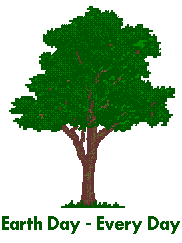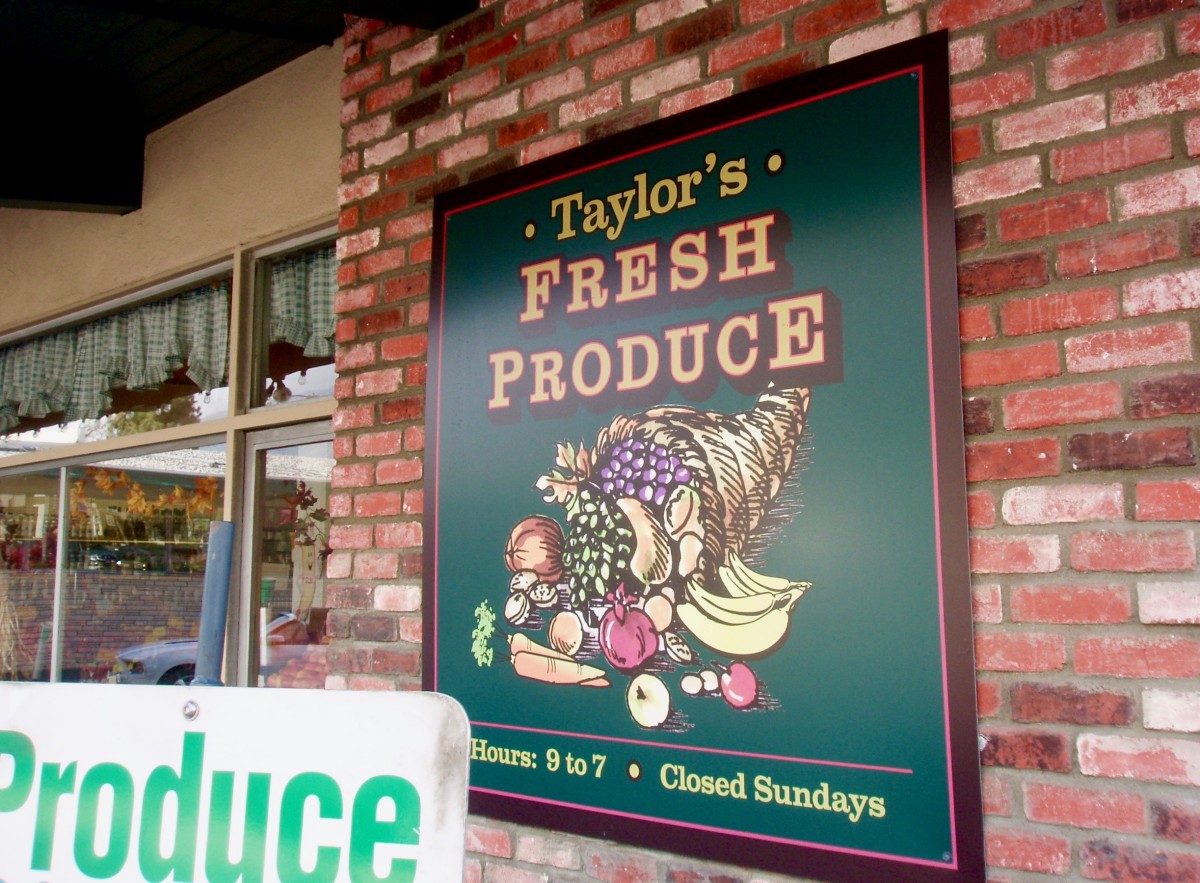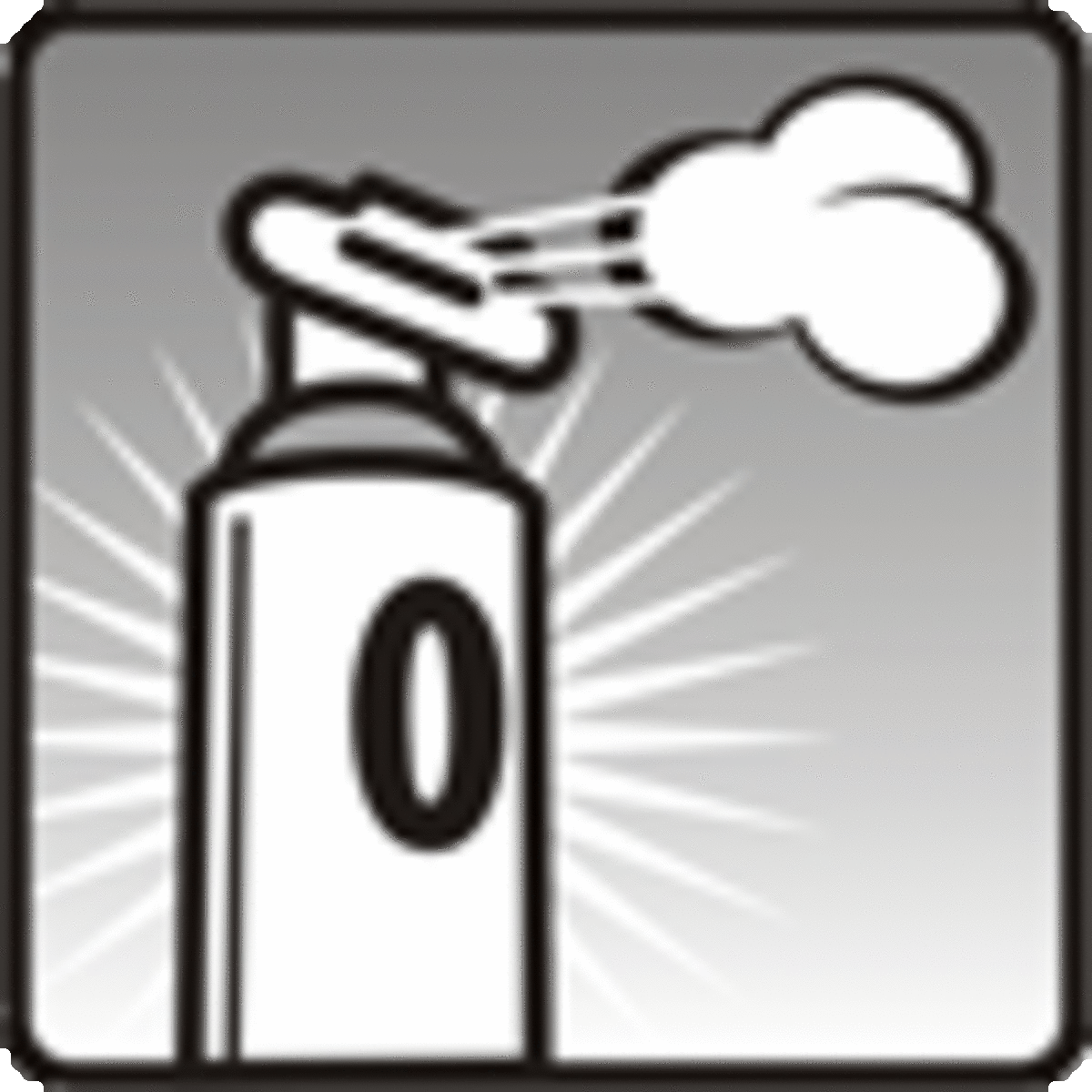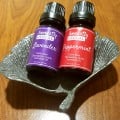Shopping "Green" - the Definitions
Shopping "Green" - The Definitions
Eco-friendly "green" terms are being sold to us constantly now. But what do the terms really mean?
Quite often, when we look for a "green" product it has a label identifying it as eco-friendly and good for the environment. Yet, if a product is labeled ‘natural’ - it is not certified or regulated by any agency. Such a label is hardly helpful.
Some have even argued that adding cochineal bugs to our food supply for its brilliant red coloring can be considered 'natural.' (See resource link below for 'Bug-based food coloring..." article - the FDA has been pressured to require labeling by food manufacturers. This coloring is also found in cosmetics such as lipstick).
Following is a list of the most commonly used "green" terms and their definitions:
1 - Fair Trade - Products like chocolate and coffee are sometimes labeled this way. They are certified by the Fair Trade Federation - an international group working to relieve poverty. This group insures that producers of chocolate and coffee receive a fair wage and their production practices promote community development and long-term environmental sustainability.
2 - Certified Organic - Products with this label are regulated by the USDA; it indicates the absence of most conventional chemicals and fertilizers. A processed product (that contains more than two ingredients), must have at least 95 % organic material.
3 - Demeter-certified Biodynamic - This designation means that farmers must use practices that emphasize a holistic connection with nature. This non-profit has been certifying produce and wine since 1982. They ban synthetic fertilizers and harmful chemicals.
4 - Natural - This term can be misleading. The product should not have artificial colors or flavors but the term is often misleading and misapplied because it is not regulated or certified.
5 - Green Seal - This seal comes from an independent nonprofit that promotes the manufacture, purchase, and use of environmentally responsible products. This seal accredits everything from hand soap to hotels.
6 - Local - Generally refers to products that are grown within a 100-150 mile radius. This is encouraged as it supports local farming communities. Plus, transporting foods locally uses fewer fossil fuels than shipping them from around the world.
7 - Post-consumer recycled - This label means the material has already been sold, used, and then recycled. It is considered the gold standard for recycled products.
8 - Sustainable Forestry - Products made from paper are certified by the Forest Stewardship Council. They come from forests that are managed for biological diversity and long-term productivity.
If you are not sure if a product is as green as you want it to be, you can still make your purchase with consideration for the environment by:
- Choosing items with the absolute minimal amount of packaging
- Always bringing your own bag
- Washing clothes in cold water - which will cut about 85 percent of energy used
- Where possible, donating instead of throwing out
- Reading labels on household products and personal care products and avoiding ones with harmful chemicals
For other ideas for ‘greening’ your life and reducing the amount of toxins in your environment - see the links listed below.
Green Resource Links
- Foods Banned in Europe, Why Not in America?
Why does the European Union (EU) ban foods that are permitted for consumption in the United States? And what does the U.S. do with the millions of pounds of beef that are recalled? I contacted the USDA for an answer. The response I received may surpr - Why You Should Never Use Vinyl Shower Curtains
Vinyl shower curtains smell because they release a known carcinogen. This carcinogen has the dubious distinction of belonging to a group of dangerous chemicals known as the - The Ugly Beauty Products
Often the beauty and personal care products we buy in our search for beauty and good health are in fact filled with toxins. The synthetic chemicals mimic estrogen and studies indicate that exposure to... - Detox Your Home Naturally, 7 Ways
Researchers now say indoor air can be 10 times more polluted than the air outdoors. This is due to the many toxic products we have in our homes, such as formaldehyde and benzene released from furniture,...
Every Day a Green Day









